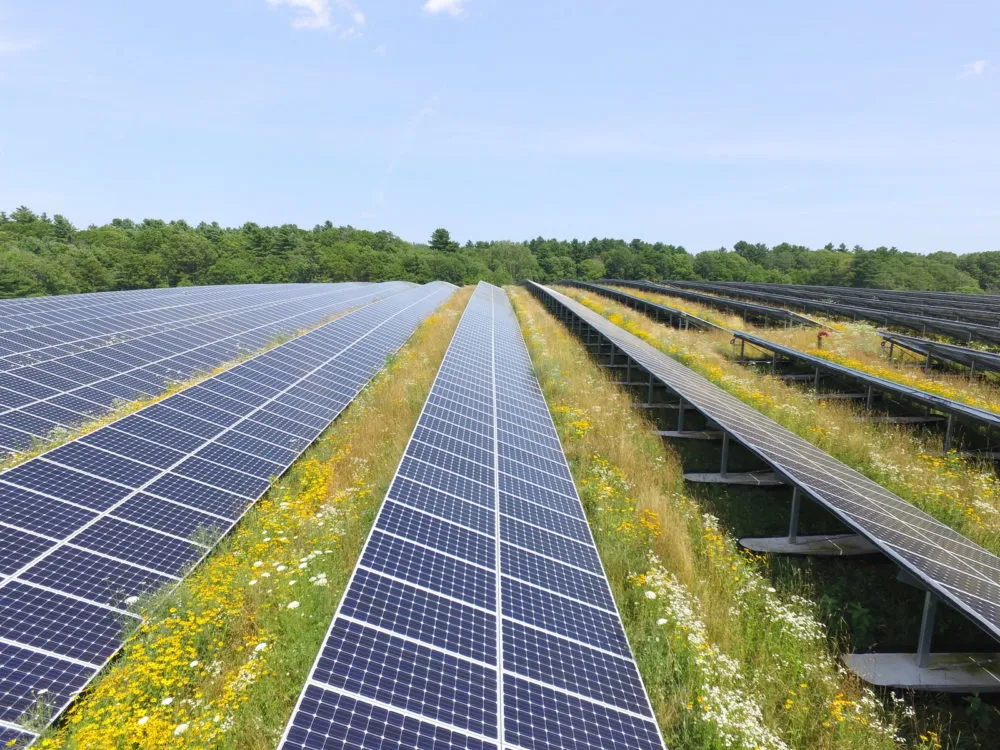
CLEAN ENERGY: The U.S. Interior Department finalizes a rule that will cut fees as much as 80% for solar and wind projects on federal land as it celebrates a milestone of permitting more than 25 GW of renewable projects under President Biden. (The Hill, Reuters)
ALSO: An Indigenous researcher says tribes need application support, better access to information, and resources to build better infrastructure, to in addition to funding to adopt clean energy. (Grist)
CLIMATE: While the world’s biggest companies are making stronger climate commitments, an analysis finds they’re still insufficient to meet Paris Agreement goals. (Grist)
GRID: About 2.6 TW of power projects — 95% of them solar, battery and wind developments — were waiting to connect to the U.S. grid at the end of last year, up 27% from the year before. (Utility Dive)
SOLAR:
HYDROGEN: Xcel Energy says plans for an Upper Midwest hydrogen hub are jeopardized by proposed federal tax credit rules that would bar utilities from diverting existing clean energy generation to power hydrogen facilities. (Star Tribune)
OIL & GAS: Oil companies challenge a federal regulation requiring former owners to clean up abandoned offshore oil and gas infrastructure along California’s coast, potentially leaving taxpayers to pick up the multimillion-dollar bill. (E&E News)
COAL:
EMISSIONS:
EFFICIENCY: Advocates push the U.S. Energy Department to speed up its updating of appliance efficiency standards. (Utility Dive)
ELECTRIC VEHICLES: Michigan is offering millions of dollars in funding to bolster research on recycling materials from electric vehicle batteries. (IPR)
UTILITIES: Questions still abound about the Tennessee Valley Authority CEO’s decision to replace a Tennessee coal plant with a gas plant and pipeline without public approval by the TVA board, and despite warnings from the U.S. EPA that the environmental review underlying the project was inadequate. (WPLN)
COMMENTARY: Utilities are overstating the urgency of their need for new power to meet increasing demand, and should pause to consider alternatives to gas, two clean electricity advocates write. (Utility Dive)